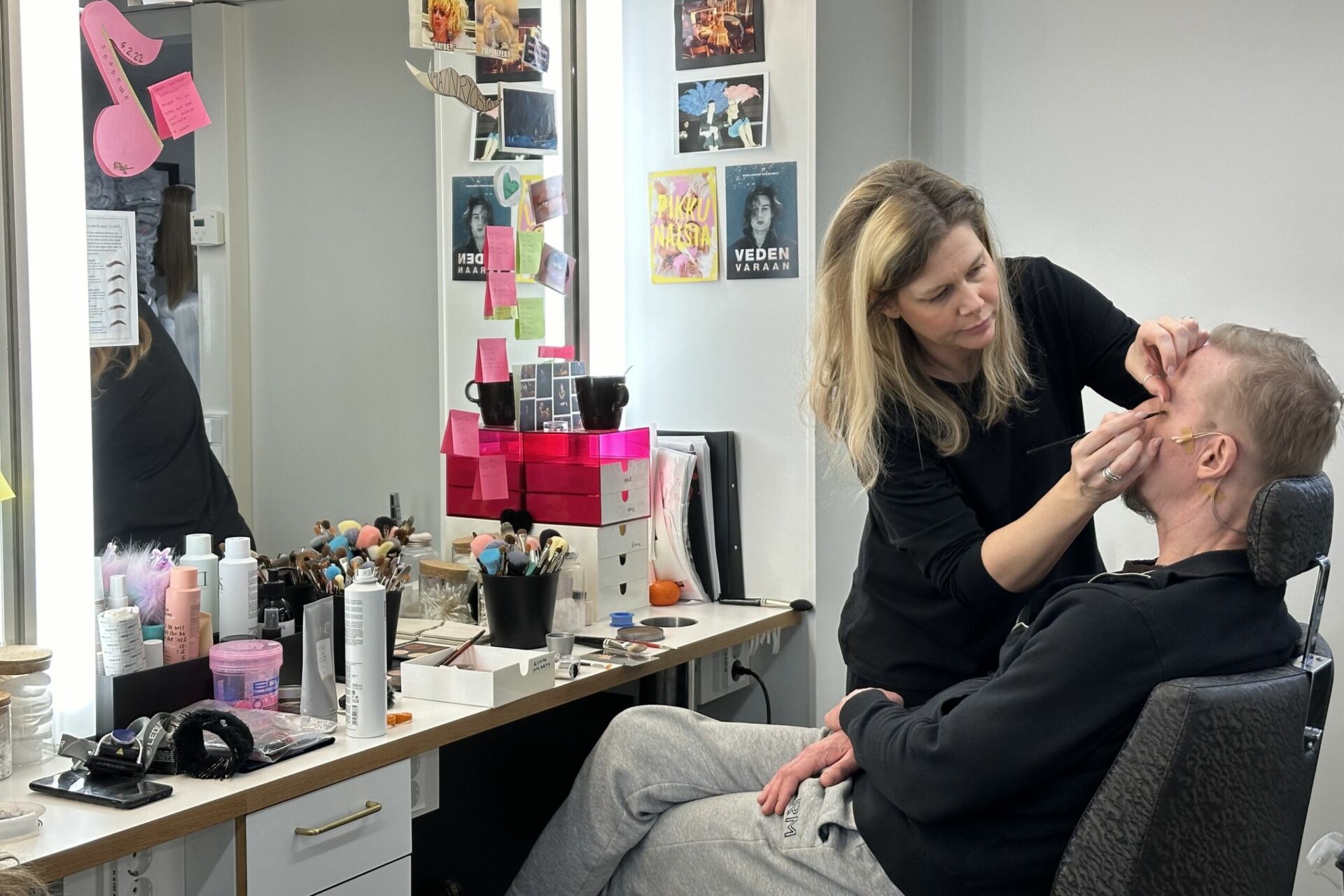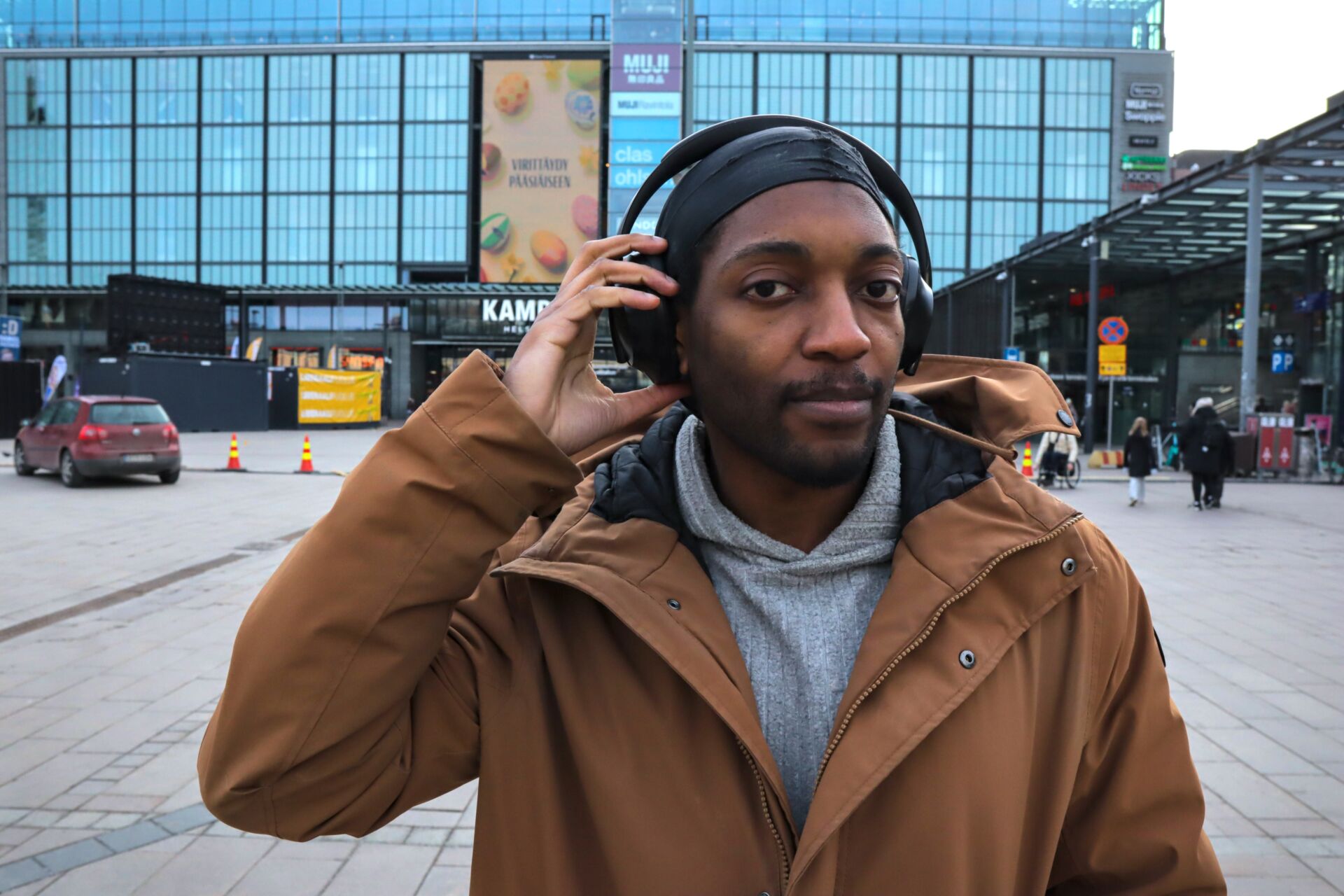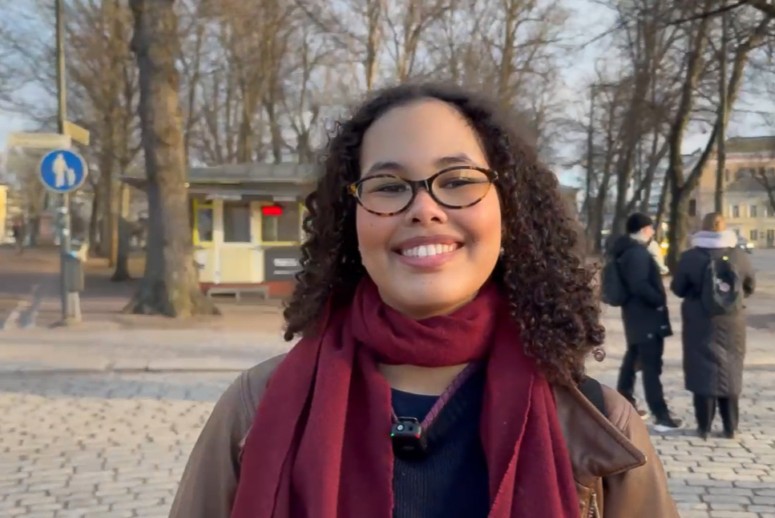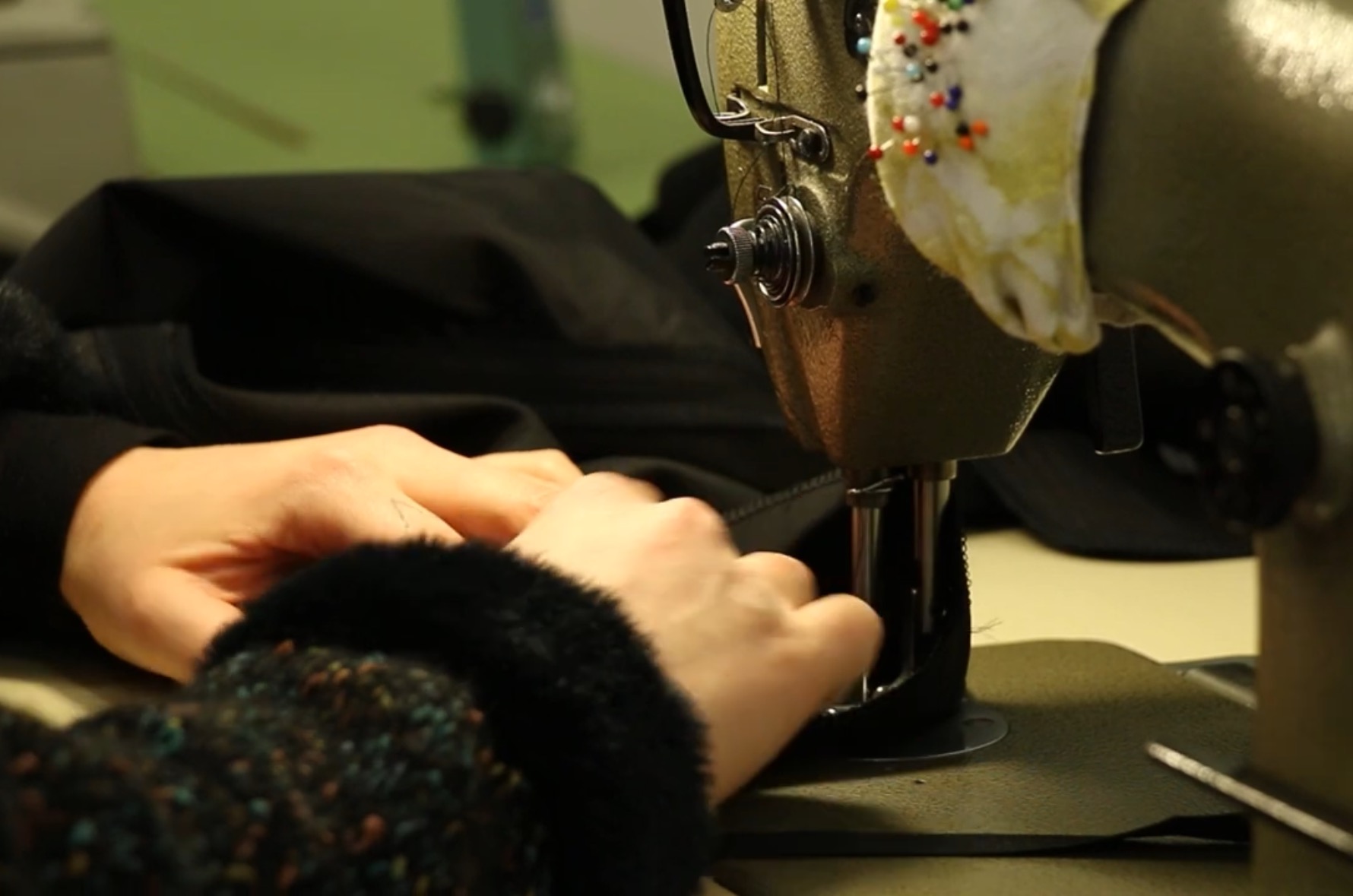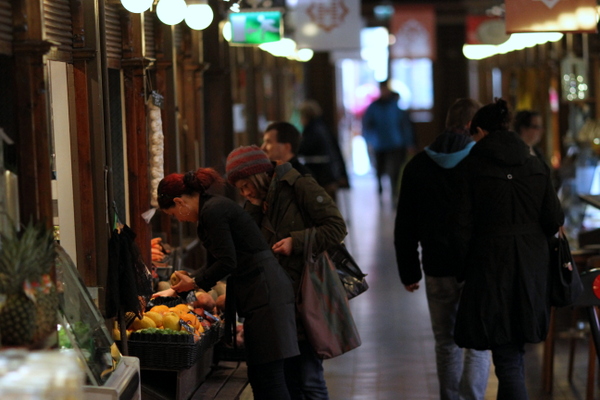
[note color=”#d3d3d3″] Cross Cultural Development (CCD) focuses on the progress a community or organisation makes to develop cross cultural minded knowledge, skills and abilities between its diverse members. In most cases people who work internationally are only able to work efficiently and effectively once they have developed cross cultural minded skills and abilities.[/note]
Immigrants in business
Within the past 10 years Finland has been home to many immigrants most of whom tend to invest and work in different businesses or organizations. Two such immigrants who have established their own businesses share their experiences and challenges for this report.
Mamelitha Emanuel observes that a key asset for any foreign business person in Finland is innovation. Mamelitha, a Tanzanian who owns a shop “Kilimanjaro” in Turku, says she most often resorts to the use of sign language when her Finnish language is inadequate to express herself to her clients.
When communicating across cultures it is vital to keep the conversation clear and simple. It is necessary to avoid adding humour unless you are perfectly aware of others cultures. This is simply because, what might seem humorous to one may sound offensive to another when decoding the message based on their culture.
Sometimes the history of people caused by political, cultural or economic differences can cause tension between people working together. In a diverse multicultural environment one person or group may find him/herself in a situation where his/her culture becomes subordinated by others. CCD seeks to provide possible solutions to this social dilemma.
With this in mind, awareness of individual differences is vital to CCD. This means not to oversimplify one person’s behaviour according to the views of the class or cultural groups he or she belongs to. People think different and therefore behave different. For example Finland’s policy on immigrants has endorsed many opportunities for Somali refugees. However this does not mean that every Somali person one comes across in Turku is a refugee. Some are here for studies, business or simply just on vacation to experience all the excitement Finland has to offer.
Mikael Ashorn a Finn who has travelled and worked in various African countries asserts that working in Africa differs greatly from working anywhere in the developed world. “The first thing I noticed was that it is rude to go straight to the point, as we have the manner of doing in Finland. Any time you meet, or even call anyone, you have to take significant time to speak about how the family is doing and other small talk. I have been to week long meetings where we got to talk “real” issues only on the second day – the first day was totally dedicated to get to know each other, said Mikael Ashorn
Mikael Ashorn who has been working in Finland and many African countries continues:” Things do not have to always be so serious and hectic – often even in serious business meetings people are joyful and joke around. http://www.youtube.com/watch?v=7pO3hJEzf3Q
How do immigrants contribute to the development of Finland?
Awareness of diversity is the ability a country has to develop itself into a pluralistic society. The Rainbow Nation theory for national reconciliation is a great example of CCD. The concept reflects the notion of appreciating certain aspects of other people’s cultures and encouraging them in various platforms of society or business in a free and open manner. Oleg Chanchikov, a Russian businessman who owns a café in Turku, says he chose to establish a business in Finland because of the transparent business environment, low corruption and cheap business licenses as compared to his country. The immigrant business owner contributes to the economy by paying taxes, hiring local people to create more job opportunities and introducing innovative business ideas foreign to the Finish business market.
Oleg Chanchicov started a coffee shop in Turku five months ago. Oleg thinks that in Finland you can manage to operate a business with just English. However his workers are Finnish.
CCD is a growing area of specialization in the field of communication, especially since the world is expanding and slowly transforming into a global village with a global economy. It is therefore obvious that cross cultural communication will remain an important element in the business community. Therefore acquiring knowledge, skills and awareness of other cultures will determine how one adopts in the new world order.
Vikes is The Finnish Foundation for Media, Communication and Development. It was founded in 2005 with the aim of ”promoting freedom of expression and media diversity as the foundations for democracy and development.” See this link : https://tutka.pro/?p=6612
This article was produced as international team work during “Newswriting – Focus on Development Journalism” –course in TUAS. The participants came from Ghana, Namibia, Tanzania, Netherlands, Belgium and Finland. The course was taught by Ms. Bertha Amakali, Deputy Head of Department from Polytechnic of Namibia, Mr. Geofrey Aloyce, Head of Journalism Department from University of Iringa and Mr. Kodwo Boateng, Acting Dean from Ghana Institute of Journalism.
The course was supported by JOCID project (Journalism for Civic Involvement, Democracy and Development). More information of JOCID: http://jocid.turkuamk.fi/
Tuoreimmat
-
Maskin takana
-
Aaron Charles joutui kokemaan räikeää rasismia kotimatkalla
-
”Ihmiset ovat parasta, mitä olen juoksukerhoista saanut” – Yhteislenkit vetävät mukaan erityisesti nuoria aikuisia
-
Hyrox houkuttelee yhä useampia – laji on suunnattu kaikentasoisille
-
Sovituksesta suureen päätökseen: näin morsian löytää pukunsa
-
Auto ei enää päädy murskaksi – EU:n kiertotalouslinjaus muuttaa purkutyön
-
Sopivia vanhemmiksi – Hilda ja Mira pelkäsivät pitkään, että pääsy hedelmöityshoitoihin evätään heiltä
-
FCAA-lopputurnauksessa syntyy enemmän kuin voittajia – opiskelijat rakentavat yhteisöä ja hyvinvointia
-
Kenen biisi?
-
Syksyllä järjestetään jälleen vaalit: tällä kertaa ne koskevat korkeakouluopiskelijoita

